US, Russian envoys to meet in Beijing for NKorea talks
 US Under-secretary of State Nicholas Burns said on Wednesday he would meet the Russian deputy foreign minister in Beijing, after a day of talks with China on the North Korean nuclear issue.
US Under-secretary of State Nicholas Burns said on Wednesday he would meet the Russian deputy foreign minister in Beijing, after a day of talks with China on the North Korean nuclear issue.
Burns, confirming he would be meeting Russian envoy Alexander Alexeyev on Thursday, said: "Yes, we are seeing the Russians tomorrow morning."
Burns said Wednesday's talks with senior Chinese officials had been constructive. "We worked very hard to see what China and the US can do together... to maintain peace and stability in East Asia and we had very good discussions on North Korea."
Burns refused to give a date for the resumption of six-party talks.
His talks Wednesday with senior Chinese officials in Beijing focused on North Korea's nuclear program ahead of a summit between US President George Bush and his Chinese counterpart Hu Jintao.
In a busy day of meetings, Burns called for a Sino-US partnership aimed at securing "stability and peace in the world."
"We are very interested in ... talking about what we can do to defuse the problem of North Korea's nuclear ambition and to work together, China and the US, toward the denuclearization of the Korean peninsula," he said earlier.
"In that vein, I look forward very much to the meeting next week between President Hu Jintao and President (George W.) Bush in Hanoi."
Burns met with Foreign Minister Li Zhaoxing and his lieutenants Yang Jiechi and Dai Bingguo, both vice ministers respectively involved in US relations and Asian issues.
In the day's talks, the Sino-US presidential summit next week on the sidelines of the Asia Pacific Economic Co-operation forum in Hanoi and North Korea's nuclear test were at the center of discussions.
"It is our view in Washington that China and the United States should be partners in trying to secure stability and peace in the world," Burns said at the start of evening talks.
Burns, accompanied by Under-secretary of State for International Security Affairs Robert Joseph, had consulted with Tokyo and Seoul on the North Korea issue earlier this week before arriving to Beijing.
"Among the topics of Burns's trip will be the implementation of UN Resolution 1718, which imposes international sanctions on North Korea for its nuclear activities," a statement issued by the US embassy in Beijing said on his meetings here.
Burns would also be discussing the prospect of Pyongyang's return to the six-party talks on ending its nuclear program, it added.
After secretive talks between Pyongyang and Washington in Beijing last week, North Korea confirmed it would return to the six-way negotiations, provided that the United States agreed to discuss the issue of US financial sanctions.
Beijing has called for talks to resume "as early as possible," but so far no date has been announced for negotiations between the two Koreas, China, Japan, Russia and the United States.
China's support for the UN resolution imposed on its long-time ally has been highly praised in Washington and was seen as a landmark reversal of Beijing's traditional stance of opposing sanctions in international affairs.
In a joint Sino-Egyptian communiqué issued Tuesday during the visit of Egyptian President Hosni Mubarak, China reverted to its old language urging "all parties concerned" to use "sensible and peaceful means, avoid use of violence or sanctions in order to ensure a nuclear-free (Korean) peninsula."
Officially the two top State Department envoys were in Beijing for the third round of a senior "strategic dialogue," established by Hu and Bush in 2004.
On Tuesday in Seoul, the United States and South Korea reaffirmed that they would not recognise North Korea as a nuclear-armed state, despite the test.
Washington and Seoul also pledged to work for an early agreement on scrapping the North's nuclear programs when the six-nation talks -- which have dragged on since 2003 -- resume after a year-long break.
"Both parties shared the view that North Korea's nuclear test is a grave threat to peace and security on the Korean peninsula, Northeast Asia and beyond," the statement said.

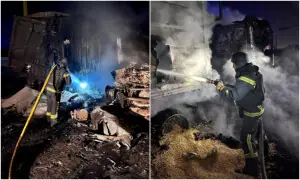


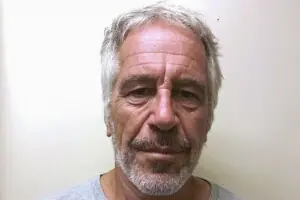
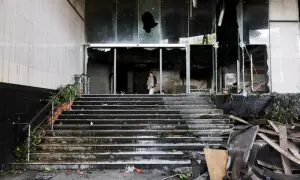
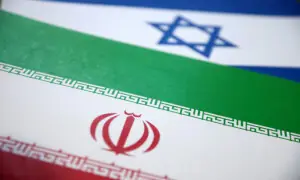

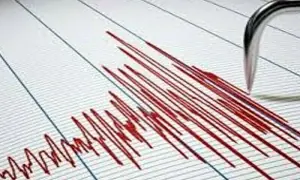
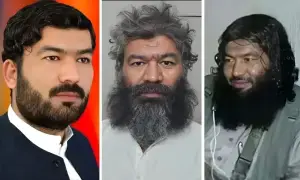
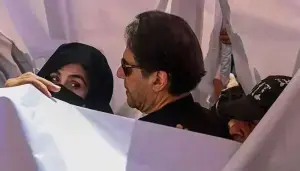
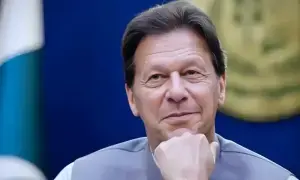

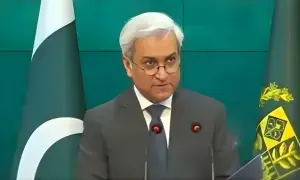
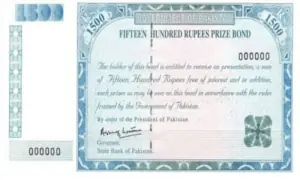
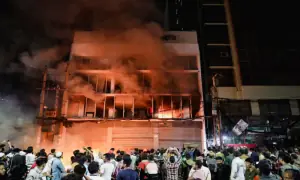

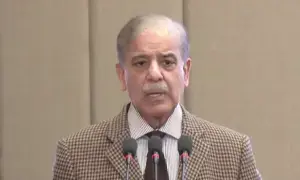

Comments are closed on this story.